Date: 26/11/2020
By Alan Hardie, CEO at NCEA Trust.
When was the last time you read a book for pleasure?
When I was a Headteacher, it’s a question that I often used to ask pupils who came (or were sent) to see me. I never asked this question to catch anyone out, instead I found it could often start a conversation when a pupil was anxious or angry. They would go on to tell me about what they had read recently, their favourite books, authors, characters, etc. Importantly, I could also tell them my answers to the same questions and share that I also read books for pleasure. It was amazing how a conversation about reading could often get pupils into a better frame of mind to then talk about why they were actually there to see me.
The power of reading is immense. For a start, there is plenty of evidence that reading for pleasure is a much bigger factor in determining whether a child does well at school (and in later life) than their social or economic background is. That’s because reading develops vocabulary though exposing the reader to a wide range of words and challenges the reader to work out the meaning of new words through their context in a sentence.
For younger children, hearing books read aloud is absolutely vital to the development of their language and understanding how stories work. They learn to try new sounds and words, building up their vocabulary through copying the adult who is reading to them. Picture books are also great, as children can ask questions and use their imagination to interpret what they mean.
As children get older, reading builds up the skills and vocabulary to enable them to read more challenging books, which extends their reading age. This is vital for success in their GCSE exams in all subjects, as exam questions are written to be understood by someone with a reading age of 15 years and 6 months. This means that by Year 11 any pupil whose reading age isn’t as high as their actual age is at a big disadvantage before they even start to answer the question. The solution to this problem probably won’t be found in extra reading in Year 11, but instead is about developing reading over many years prior to this.
I do appreciate the difficulties and challenges there are for families to encourage their children to read for pleasure. I am acutely aware that our area, unlike cities, is not exactly full of bookshops or even places where books are sold. Our schools and campuses can help here; we have well stocked libraries with plenty of books to borrow to read at home.
I also appreciate that each child is different and some are much more difficult to engage in reading than others. I have two children and my eldest has been an avid reader since starting school, reading a new novel in a couple of hours. However, my youngest would much rather watch TikTok videos than read; we are now trying audio books instead to encourage reading! Sometimes it is about finding which type of books motivate a child to read, and when reading for pleasure, there is no check list of the ‘right’ type of books. Although some books are more effective in developing vocabulary than others, any reading for pleasure is positive and should be praised and encouraged.
To help support pupils and families with the development of reading, in 2021 we will be launching the NCEAT Reading Strategy. This will support the development of reading and vocabulary both in and out of school and will include resources to help children develop a love of reading, which we very much hope will help and support families with their children’s reading. I look forward to sharing more details of this with everyone in January.
